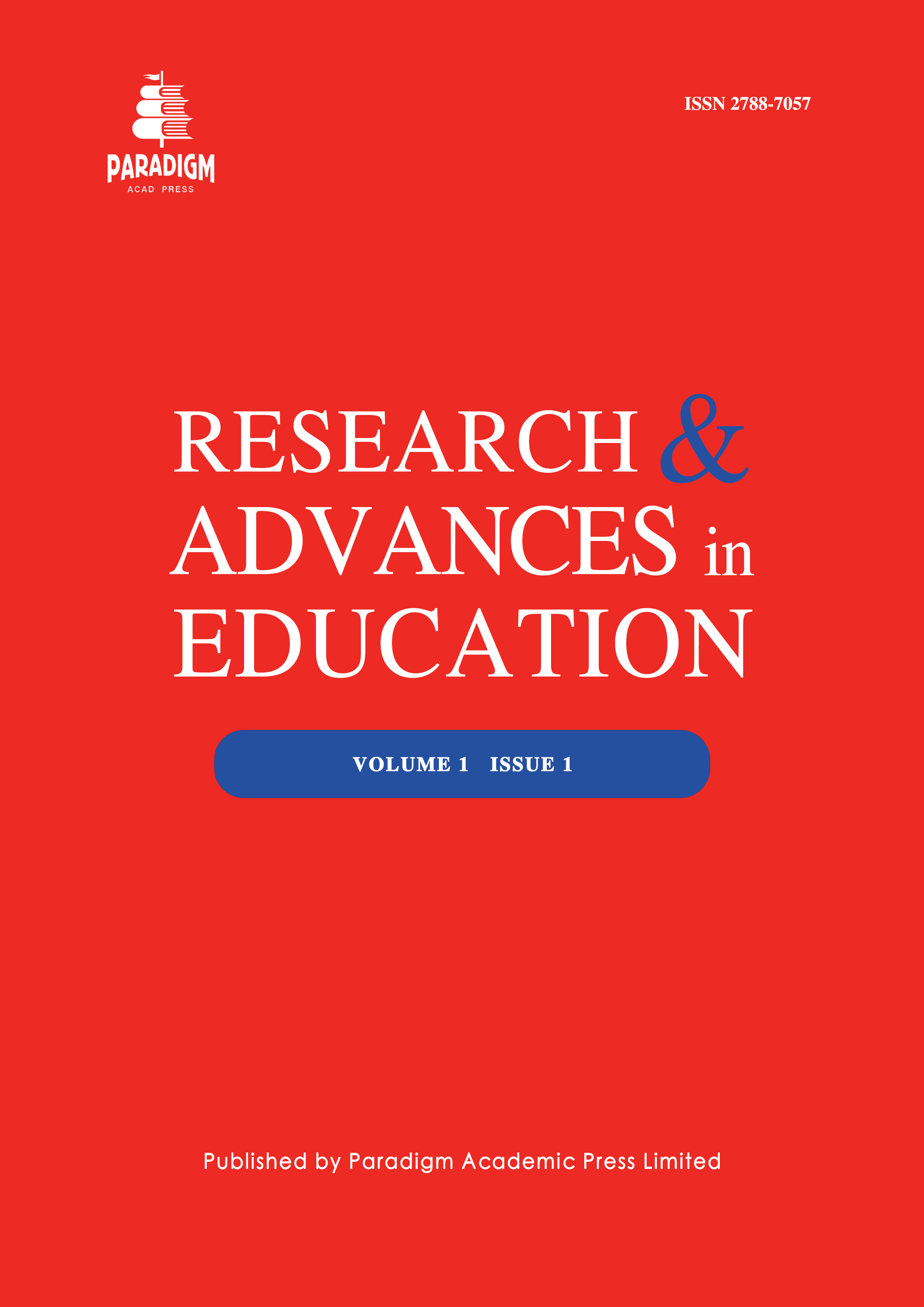Urban–Rural Divide in Early Childhood Teacher Professional Development in South Africa
DOI:
https://doi.org/10.63593/RAE.2788-7057.2025.08.004Keywords:
early childhood education, professional development, teacher training, South Africa, rural educationAbstract
This paper examines the persistent urban–rural divide in early childhood care and education (ECCE) teacher professional development in South Africa. Drawing on peer-reviewed literature, policy analysis, and comparative data, the study explores how geographic location influences access to accredited training, qualification levels, institutional support, material resources, and professional identity. Urban ECCE teachers benefit from proximity to higher education institutions, regular workshops, and structured career pathways, while rural practitioners often face isolation, under-resourcing, and lack of formal recognition. The paper further analyses structural and contextual constraints in rural settings, such as infrastructural deficits, digital exclusion, and policy implementation failures. Through teachers’ lived experiences, the paper presents a grounded understanding of the inequities that shape professional development trajectories. Comparative indicators highlight the systemic nature of these inequalities and the urgent need for targeted, context-sensitive policy interventions. The paper concludes with practical recommendations to strengthen rural ECCE teacher development through inclusive governance, localized training models, resource redistribution, and the recognition of experiential knowledge.


